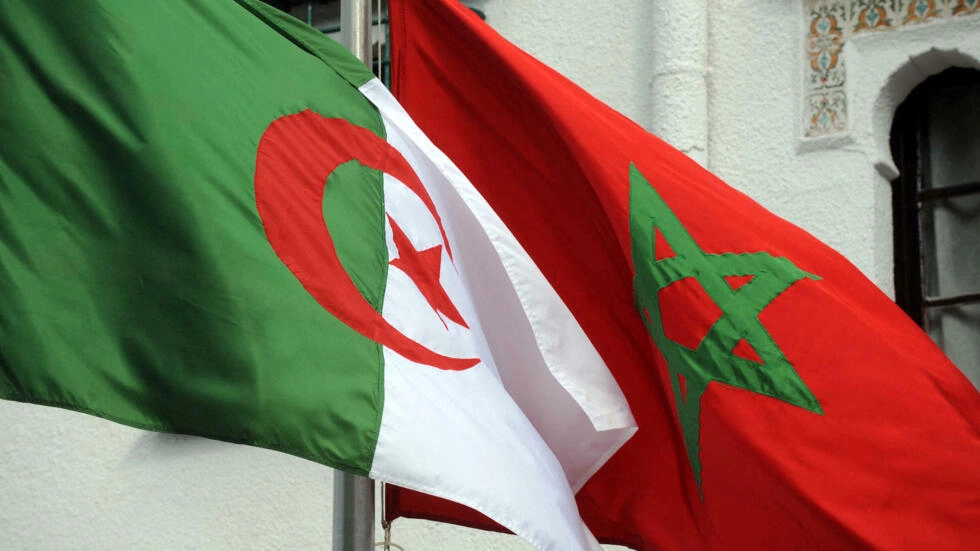A ministerial meeting of representatives of GECF members was held on Friday in Algiers, on the eve of this Saturday’s summit, in the context of persistent tensions in the markets since the Russian invasion of Ukraine. At the same time, a strong Growth in demand is expected this year.
The main gas exporters met this Friday, March 1 in Algeria. A ministerial meeting of representatives of members of the Gas Exporting Countries Forum (GECF) was held in the morning, on the eve of a summit of their leaders which is notably expected around the Algerian President, Abdelmadjid Tebboune, his Iranian counterpart, Ebrahim Raïssi, and the Emir of Qatar, Tamim Ben Hamad Al Thani.
The GECF, founded in 2001, brings together 12 countries: Algeria, Qatar, Russia, Iran, Bolivia, Egypt, Equatorial Guinea, Libya, Nigeria, Trinidad and Tobago, Venezuela and the United Arab Emirates. The secretary general of the GECF, Mohamed Hamel, announced that the Forum’s ministers had approved Senegal’s membership in the grouping on Friday. A few hours after this announcement, Senegalese President Macky Sall arrived in Algiers to participate in Saturday’s summit, according to the official Algerian agency APS.
Mauritania, whose president, Mohamed Ould Cheikh El Ghazouani, also arrived in Algiers on Friday, was also admitted as a member of the GECF, according to the same source. According to the GECF, its members, and seven other associated countries, represent 70% of proven gas reserves and 51% of global liquefied natural gas (LNG) exports.
“Build a prospective vision”
The Algerian Minister of Energy, Mohamed Arkab, underlined at the opening of the ministerial meeting the need for “a continuous and serious dialogue between producers and consumers to build a common perspective vision which recognizes the growing role of natural gas in the global energy mix, as a sustainable and competitive source capable of guaranteeing energy security”. In a summary of its annual report “Global Gas Outlook 2050” published Thursday, the GECF estimated that natural gas “is destined to remain indispensable for decades”.
“By 2050, demand for natural gas is expected to increase by an impressive 34%, significantly increasing its share of the global energy mix from the current 23% to 26 %.” In its latest quarterly report published in January, the International Energy Agency (IEA) estimated that global gas demand is expected to see “strong growth” in 2024 compared to 2023, supported by forecasts of colder temperatures and price drops.
LNG imports by sea
Gas markets have been under tension since the post-Covid recovery at the end of 2021, and even more so since Russia’s invasion of Ukraine in February 2022, which fueled imports of LNG by sea, particularly from the United States, to compensate for drastic reductions in Russian gas deliveries in pipelines to Europe.
Russian Energy Minister Nikolai Shulginov, who represents his country at the summit, told the official Algerian agency APS that Moscow had worked to “enrich the Algiers Declaration”, which must be adopted on Saturday at the outcome of the work by the participants. “We have worked to enrich the Algiers Declaration which will be very important for coordination regarding gas infrastructure and the means to protect it from incidents,” he said.
Algeria is Africa’s leading exporter of natural gas. Anxious to diversify their supplies to reduce their dependence on Russian hydrocarbons, several European countries – notably Italy – have turned to Algerian gas.














